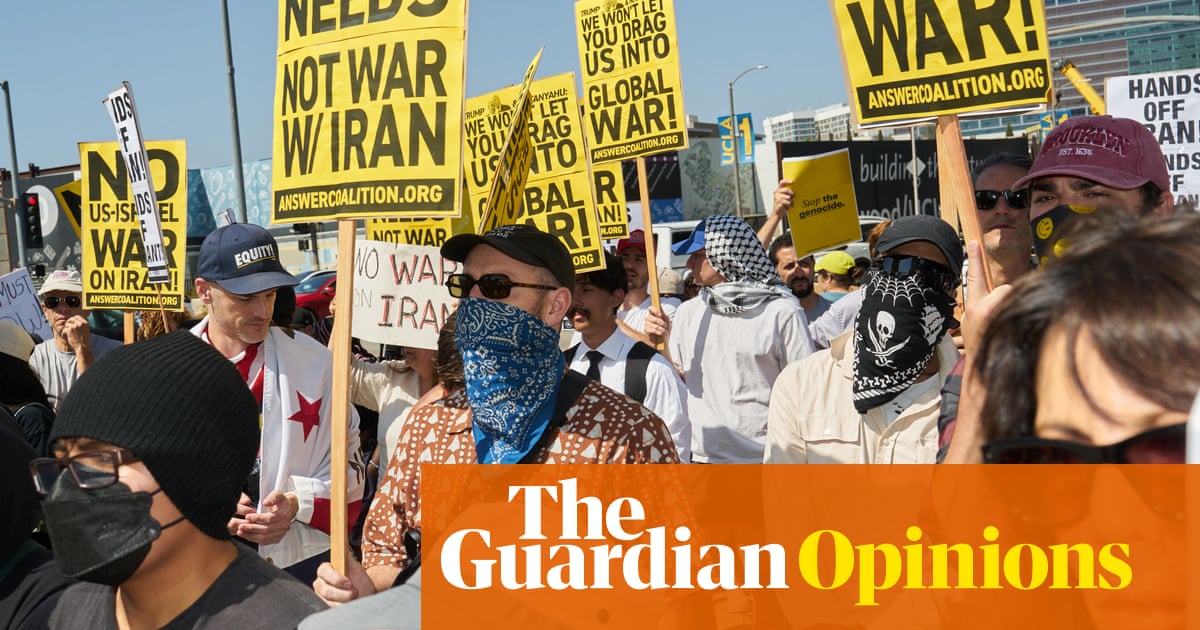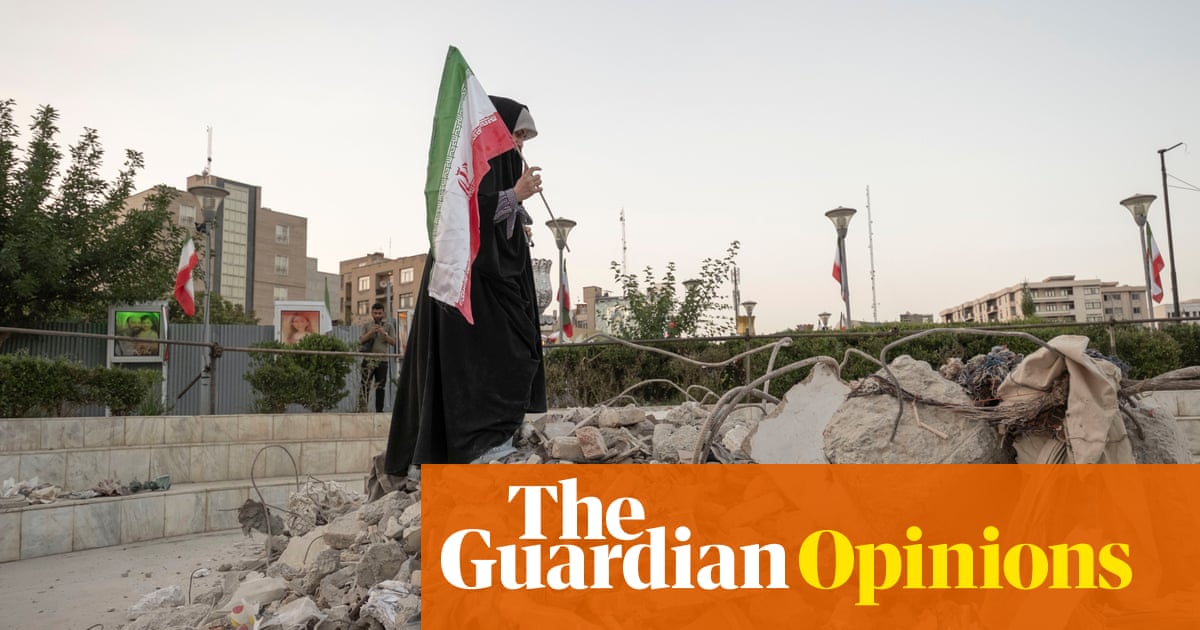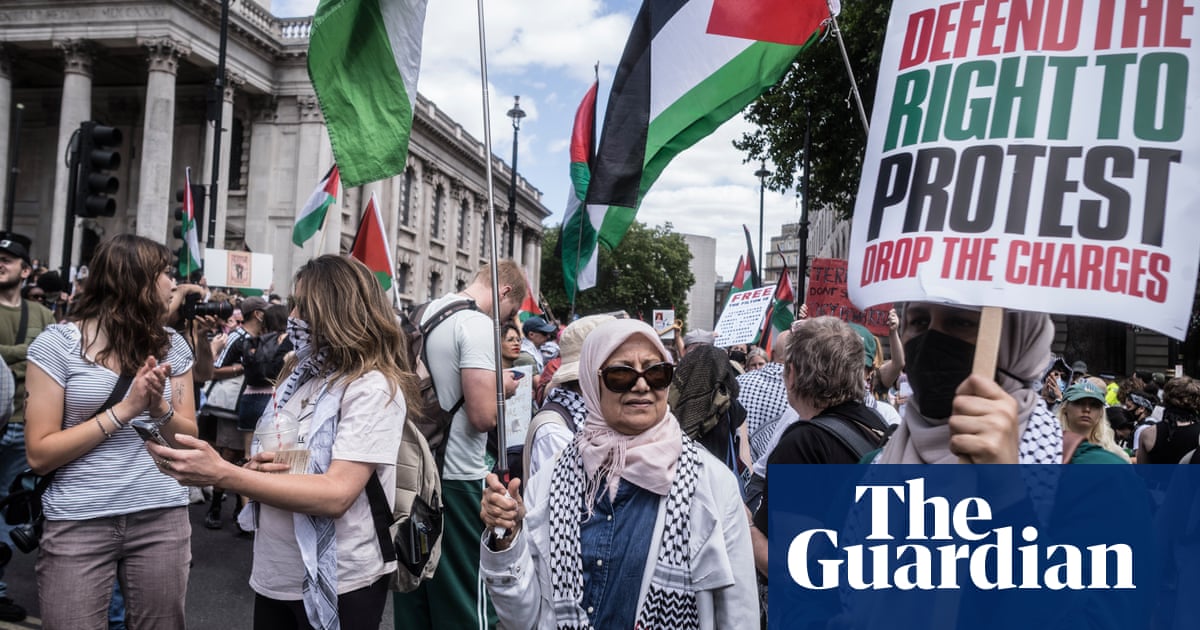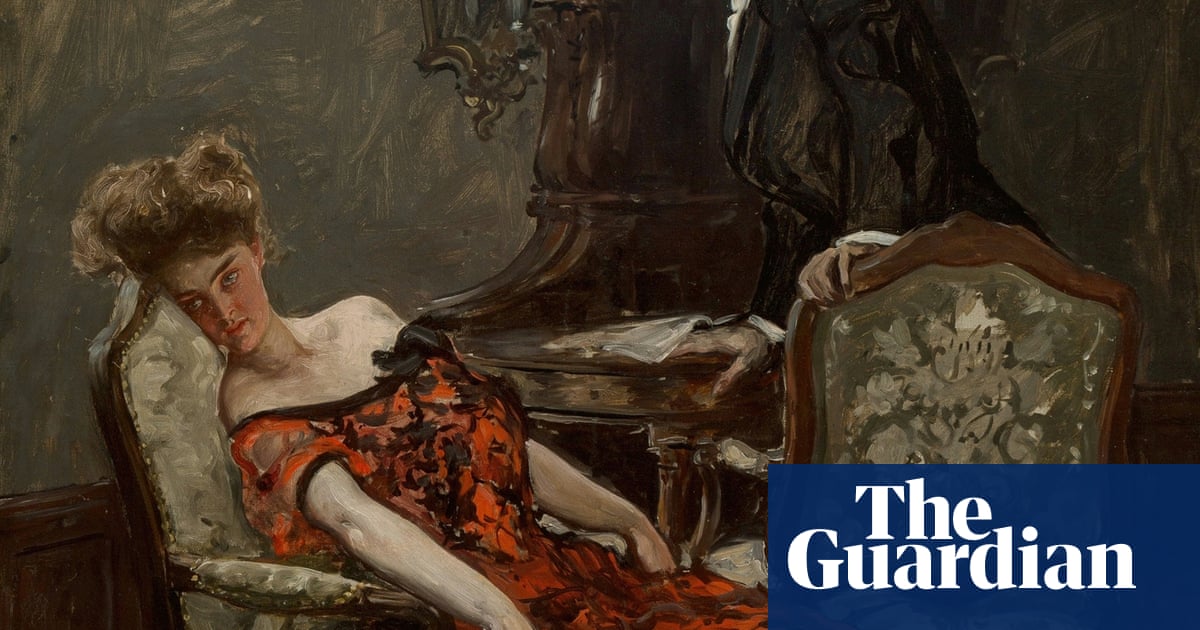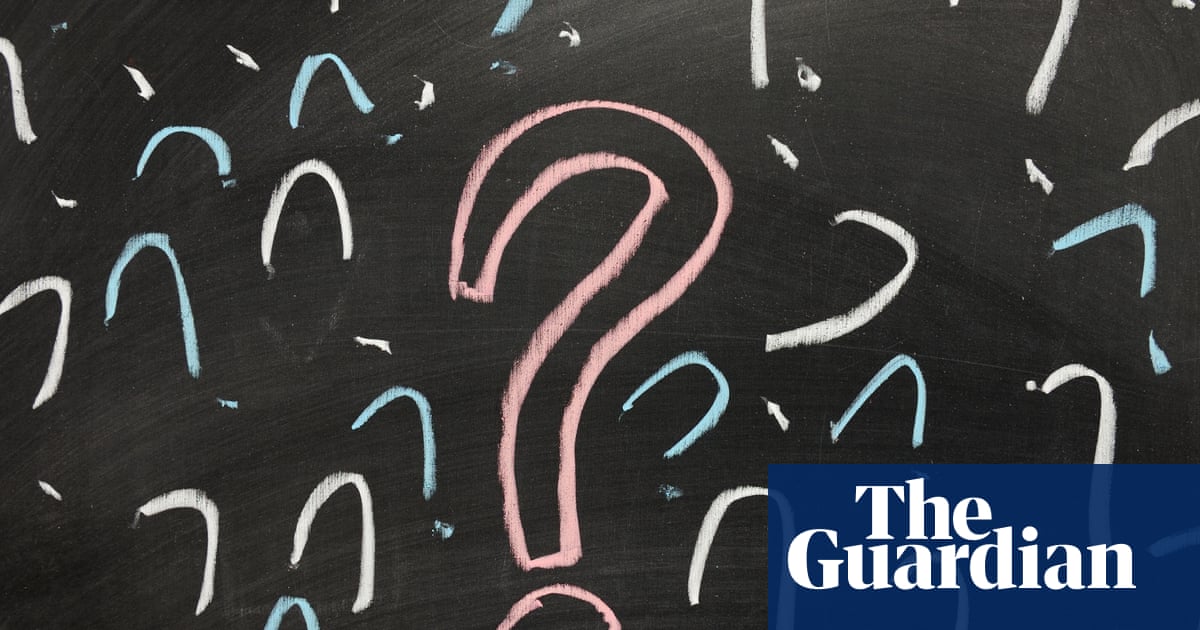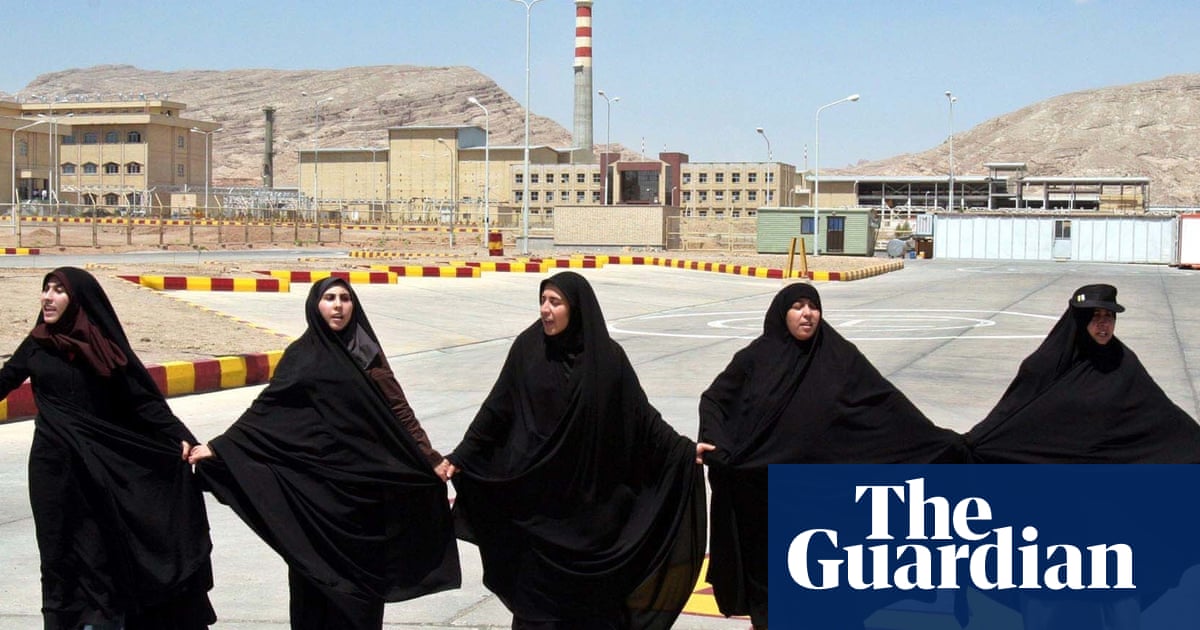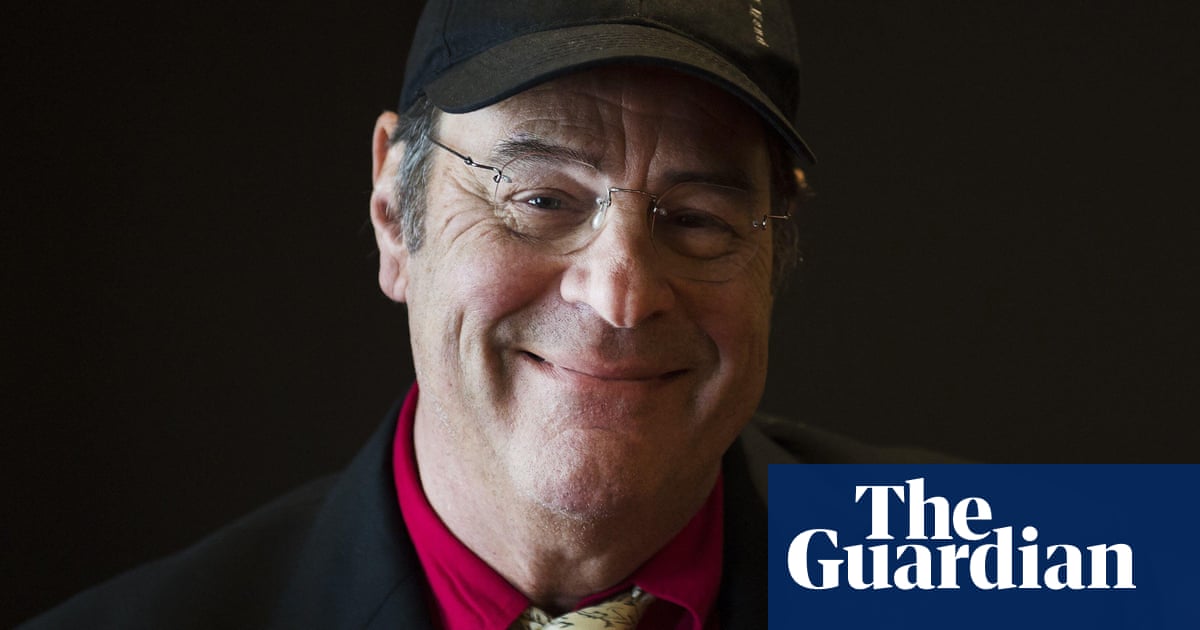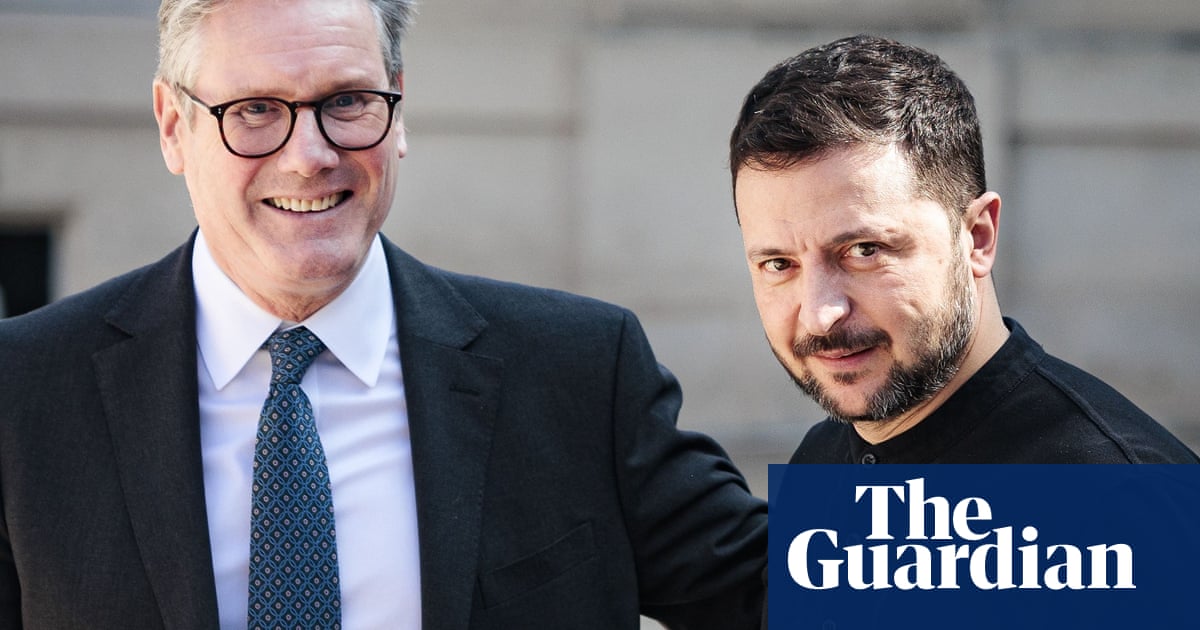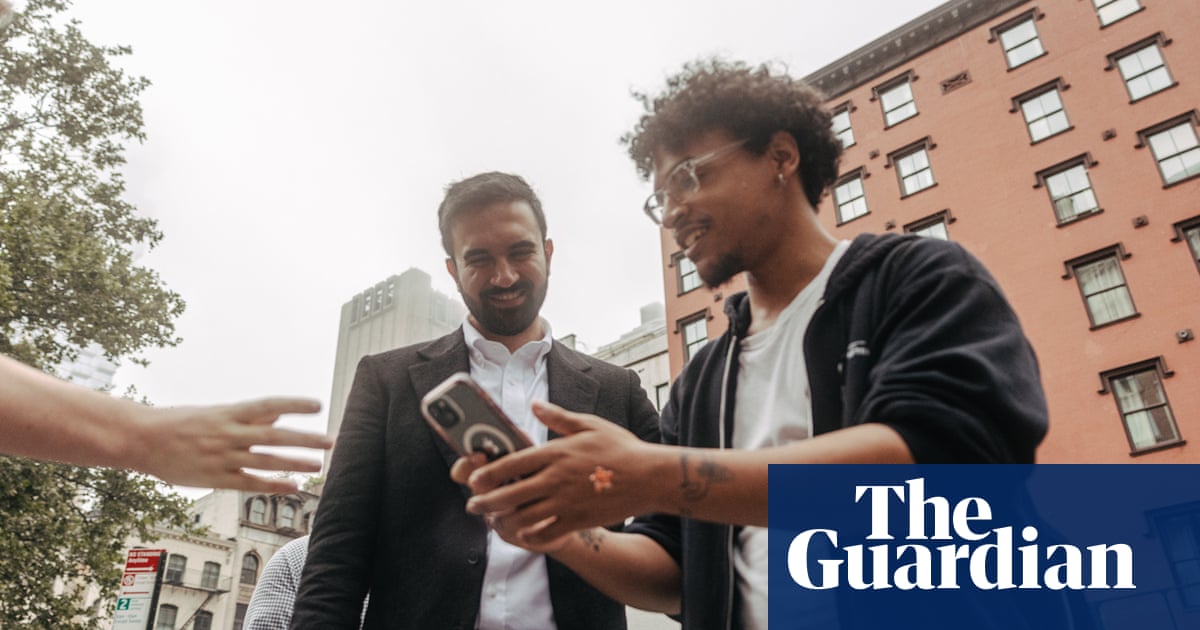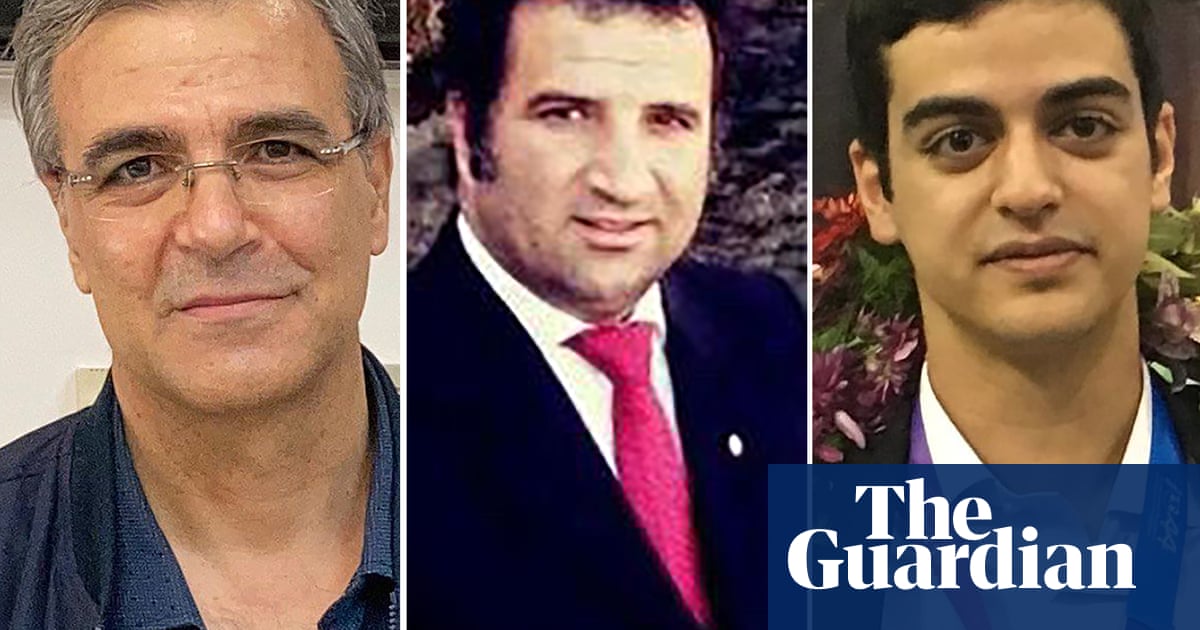‘Gold, mister, is worth what it is because of the human labor that goes into the finding and getting of it.” It’s a line spoken by Walter Huston in the 1948 film The Treasure of the Sierra Madre, a story about greed and moral corruption directed by his son, John Huston. That line was to have appeared on screen at the beginning of the film. It didn’t, on orders from the studio, Warner Bros. “It was all on account of the word ‘labor’,” John Huston later reflected. “That word looks dangerous in print, I guess.”
It was a relatively insignificant moment in the drama of America’s postwar red scare. McCarthyism proper had still to take flight. Yet, so deep ran the fear already that a single, everyday word could create consternation in Hollywood.
McCarthyism, the historian Ellen Schrecker has observed, “was a peculiarly American style of repression – nonviolent and consensual. Only two people were killed; only a few hundred went to jail.” Yet it constituted “one of the most severe episodes of political repression the United States ever experienced”.
Sackings and legal sanctions created such fear that, in the words of the political philosopher Corey Robin, society was put “on lockdown”, with people so “petrified of being punished for their political beliefs” that “they drew in their political limbs”.
It was not just communists who were silenced. “If someone insists that there is discrimination against Negroes in this country, or that there is an inequality of wealth,” claimed the chair of one state committee on un-American activities, “there is every reason to believe that person is a communist.” This at a time when Jim Crow still held the south in its grip. The red scare paused the civil rights movement for more than a decade and drew the teeth of union radicalism.
Fear has always been a means of enforcing social order, most obviously in authoritarian states, from China to Saudi Arabia, Turkey to Russia, where repression becomes the foundation of political rule. In liberal democracies, order rests more on consensus than overt brutality. But here, too, fear plays its role. The worker’s fear of being sacked, the claimant’s of being sanctioned, the renter’s of being made homeless, the fear of the working-class mother facing a social worker or of the black teenager walking past a policeman – relations of power are also relations of fear, but fears usually so sublimated that we simply accept that that’s the way the system works.
It is when consensus ruptures, when social conflict erupts, or when the authorities need to assert their power, that liberal democracies begin wielding fear more overtly as a political tool to quieten dissent or impose authority. Think of how the British state treated Irish people in the 1970s and 1980s, or miners during the great strike of 1984/85.
Seventy years on from McCarthyism, America seems to be entering such a moment. Over the past month, we have seen the mass deportation to a notorious foreign jail of hundreds of people declared to be illegal immigrants and gang members, without evidence or due process; the arrest, detention and threatened deportation of foreign students, including Mahmoud Khalil, Rumeysa Ozturk, Momodou Taal and Yunseo Chung, for protesting about the war in Gaza; the blacklisting of law firms representing clients of whom Donald Trump does not approve; the mass sackings of federal workers.
Fear works here in two ways. The targets of repression are groups about whom it is easier to create fear, and so easier to deprive of rights and due process. Doing so then creates a wider climate of fear in which people become less willing to speak out, and not just about Palestine. Already, “whole segments of American society [are] running scared”, as one observer put it.
Institutions such as universities, Schrecker concluded about the 1950s, “did not fight McCarthyism” but “contributed to it”, not only through dismissals and blacklists but also through accepting “the legitimacy of what the congressional committees and other official investigators were doing”, thereby conferring “respectability upon the most repressive elements” of the process.
It’s a process repeating itself today. Earlier this month, after cancelling $400m (£310m) in federal grants and contracts, Trump made a series of demands of Columbia University, including that it change its disciplinary rules, place the Middle Eastern, South Asian and African Studies department under “academic receivership” and adopt the contested International Holocaust Remembrance Alliance definition of antisemitism that its own lead drafter, Kenneth Stern, condemns as having been “weaponised” into “a blunt instrument to label anyone an antisemite” and to “go after pro-Palestinian speech”. Last week, Columbia capitulated.
after newsletter promotion
Michael Roth, the president of Wesleyan University, one of the few academic leaders willing to speak out, decries “the greatest pressure put on intellectual life since the McCarthy era”, describing “anticipatory obedience” as “a form of cowardice”. Cowardice, though, has become the defining trait, most university leaders “just happy that Columbia is the whipping boy”. Columbia may be the first university in Trump’s crosshairs, but it won’t be the last. Keeping silent won’t save them.
In his incendiary speech in Munich in February, the US vice-president, JD Vance, harangued European leaders to worry less about Russia than “the threat from within, the retreat of Europe from some of its most fundamental values”, especially free speech. The same, it would seem, applies to America, too. Many of those who previously so vigorously upheld the importance of free speech have suddenly lost their voice or now believe that speech should be free only for those with the right kinds of views. The brazen hypocrisy of Vance, and of the fair-weather supporters of free speech, should nevertheless not lead us to ignore the fact that, from more intrusive policing of social media to greater restrictions on our ability to protest to the disciplining, even sacking, of workers holding “gender-critical views”, these are issues to which we urgently need to attend.
“I live in an age of fear,” lamented the essayist and author EB White in 1947, after the New York Herald had suggested that all employees be forced to declare their political beliefs to retain their jobs. He was, he insisted, less worried “that there were communists in Hollywood” than to “read your editorial in praise of loyalty testing and thought control”. It is a perspective as vital now as it was then, and as necessary on this side of the Atlantic as in America.

 2 months ago
44
2 months ago
44


